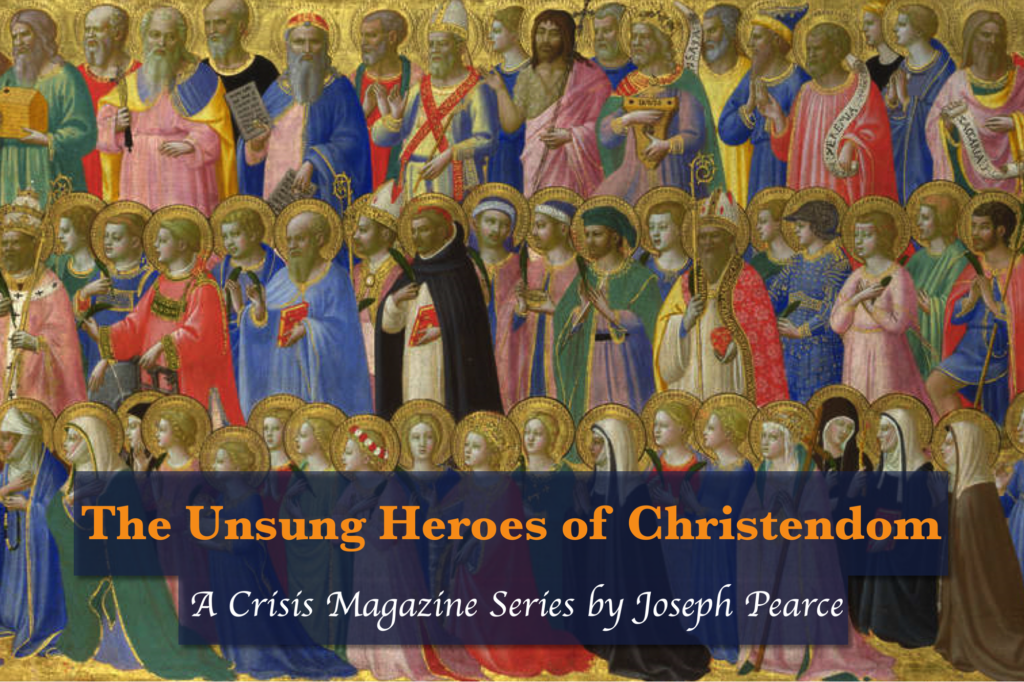Sign up to get Crisis articles delivered to your inbox daily
From May until September 1565, a Turkish army sent by the Ottoman sultan, Suleiman the Magnificent, attempted to take the island of Malta. The Turkish army numbered between 35,000 and 40,000 men. The defending Christians numbered no more than around 2,500 trained soldiers, with a further 3,500 civilians, freed galley slaves, and servants swelling their numbers to around 6,000 in total.
The island was strategically important. It served as a naval base, commanded by the Knights of Malta which defended Europe from the Ottoman Empire. Should the island have fallen to the Muslims, it would have left the Mediterranean largely under the control of the Turks, thereby securing Turkish military superiority and leaving the nations of Europe in a weakened and perilous position.
The commander of the Christian forces was Jean Parisot de Valette, a French nobleman who was Grand Master of the Sovereign Military Order of Malta—more popularly known as the Knights of Malta, founded in the late eleventh century, during the Crusades. Valette had joined the Order in around 1514, when he was around twenty years old, and he had devoted his whole life to the defense of Christendom, never returning to his family estates in France. A veteran of many battles, he had fought courageously at the Siege of Rhodes in 1522 and was seventy years old when the Siege of Malta began. Under his sagacious and experienced leadership, the defenders of Malta withstood the Turkish siege for over three months until reinforcements, arriving from Sicily, drove the invaders into the sea.
By the end of the siege, during which the defenders had endured a relentless bombardment of an estimated 130,000 cannonballs, a third of those defending the island and a third of the island’s population had been killed—around 2,500 people in total. By comparison, between 25,000 to 30,000 Turks would die either through combat or disease during the siege.
There is no denying that Jean Parisot de Valette is a hero of Christendom, whose praises have been sung and deserve to be sung. He was no saint, it seems, apparently having been the father of at least two illegitimate children from two different women. As for the state of his soul at the time of his death, this is a matter between him and his Maker. It is not for us to judge. We can, however, judge him as one whose role in the defense of Christendom is worth celebrating. He died only three years after the siege, but he had begun work on the building of the city of Valletta, named in his honor, which is now Malta’s capital city. The inscription on Valette’s tomb, which was composed by his Latin Secretary, Sir Oliver Starkey, states in Latin:
Here lies La Valette.
Worthy of eternal honor,
He who was once the scourge of Africa and Asia,
And the shield of Europe,
Whence he expelled the barbarians by his Holy Arms,
Is the first to be buried in this beloved city,
Whose founder he was.
Perhaps a man who has had a capital city named after him can hardly be considered unsung. He is, however, little known in our own time, falling victim to the collective amnesia of an age that neglects the past or “cancels” it with contemptuous disdain. But the final word should not be for Jean Parisot de Valette, the “shield of Europe,” but for the 2,500 unknown defenders of Malta, those other shields of Christendom, who died under his command.
It is always the unknown soldiers who are most unsung. May they be remembered. May their praises be sung. And may they rest in peace.
Source link : https://crisismagazine.com/opinion/knight-of-malta-and-shield-of-europe
Author :
Publish date : 2024-10-19 09:00:00
Copyright for syndicated content belongs to the linked Source.
